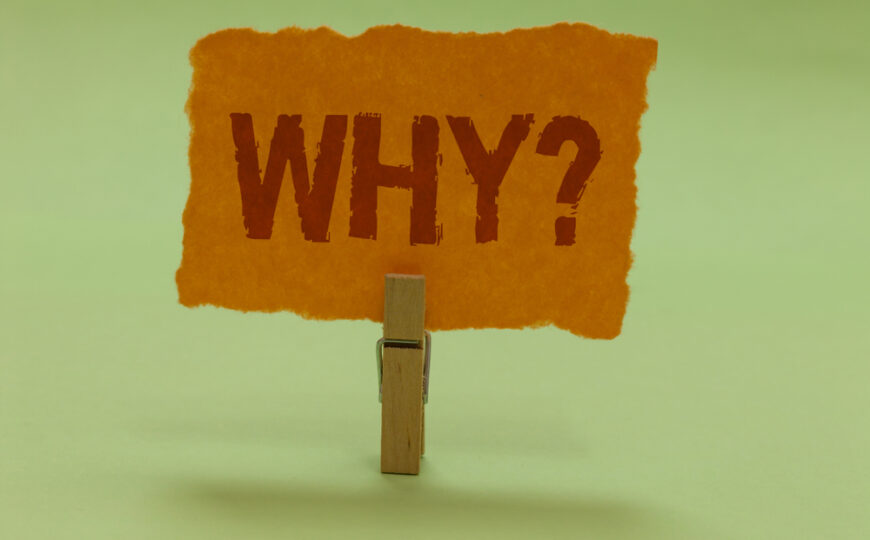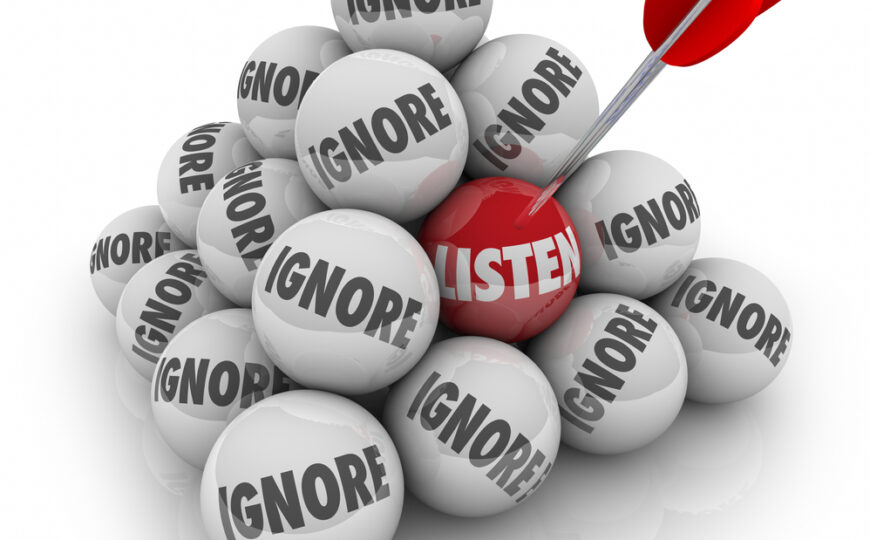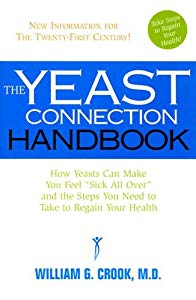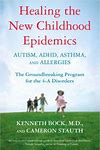The Questioner Last time I discussed the questions we may ask our child or student. This time I would like to focus on the questions a child or student may ask us. Questioning in Learning Asking questions is the best way for someone to learn. It shows mindfulness and interest in learning. What we would call curiosity. Types of Questions A question can be simple gathering of basic facts and usually will begin with “What”. For example, What was the date of that historic event? What was that mathematical formula? What was the name of…? A question …










